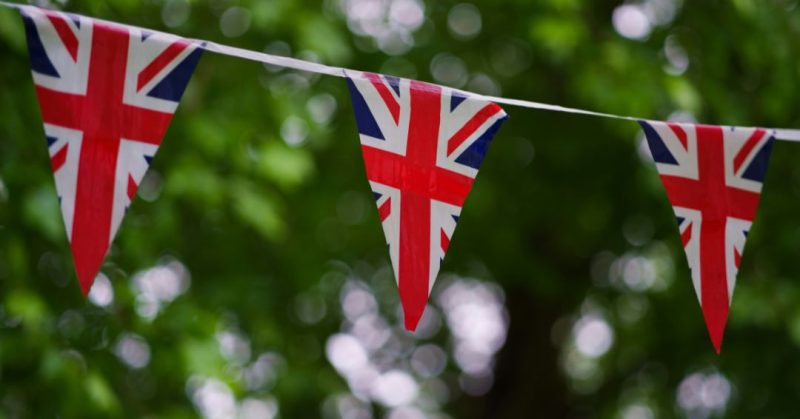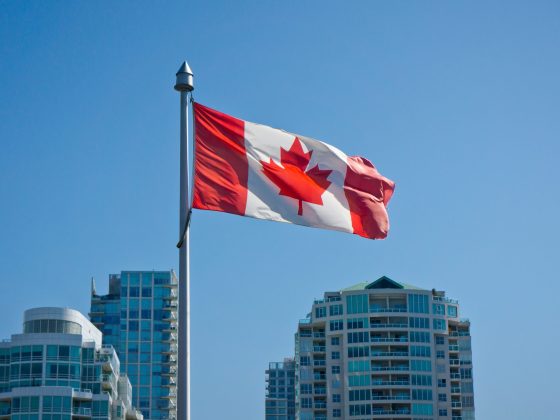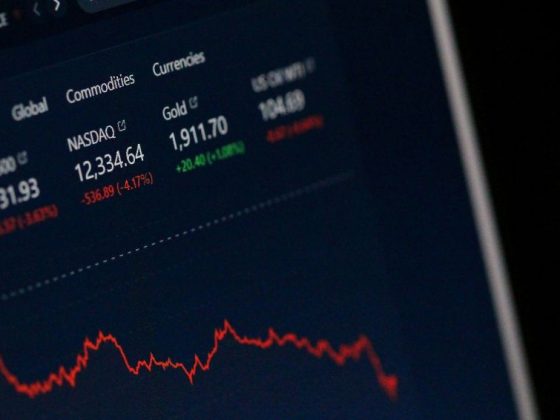The UK economy has unexpectedly contracted for the second consecutive month in October, a concerning development that highlights the economic challenges faced by the new Labour government led by Prime Minister Keir Starmer.
The latest figures from the Office for National Statistics (ONS) reveal a 0.1% decrease in Gross Domestic Product (GDP), following a similar decline the month before.
This downturn has defied economists’ expectations of a 0.1% gain, sending a ripple of concern through the markets and causing the pound to weaken.
This is particularly unsettling as it suggests a stalling of economic progress as the new government navigates the complex landscape.
Labour’s economic agenda faces early headwinds
The October contraction marks a difficult start for Labour, with the economy only showing growth in one of the four months since their landslide victory on July 4.
This shaky beginning presents a significant challenge to the party’s ambitious economic goals.
While Labour has pledged to improve living standards and achieve the highest sustained growth among G-7 nations, economists view this promise with skepticism given the current economic climate.
The latest data shows that the service sector, a major economic driver, remained flat for the second consecutive month, while both manufacturing and construction output declined, pointing to widespread weakness in various sectors.
Cooling job market and cost-of-living pressures
The new Labour administration is grappling with a multitude of economic headwinds.
The jobs market is cooling, mortgage and energy costs continue to rise, and businesses are considering passing on the impact of a substantial payroll-tax increase to consumers, possibly by raising prices or cutting jobs.
A recent survey also revealed that consumer confidence remains low in December.
The economy has stagnated since the election, adding to the pressure on the new government.
Furthermore, the potential for global trade disruptions stemming from a possible return of Donald Trump to the White House presents an additional challenge that could further weaken the global economy.
Consumer spending declines amidst budgetary fears
A significant factor contributing to the economic downturn was a notable decline in consumer-facing services, which saw a 0.6% drop in output.
The leisure sector was particularly affected, with pubs and restaurants experiencing a 2% decline, indicating that households have likely tightened their spending in anticipation of a potential squeeze from the budget.
Despite the bulk of the £40 billion ($50.6 billion) tax hikes eventually being placed on businesses rather than consumers, the initial anxiety seemed to have curbed spending in October.
Government acknowledges disappointment, pledges growth
Chancellor Rachel Reeves acknowledged the disappointing figures in a statement, affirming the government’s resolve to “deliver economic growth as higher growth means increased living standards for everyone.”
The sharp slowdown in the economy since Starmer assumed office, evidenced by a mere 0.1% expansion in the third quarter after a remarkable 1.2% surge in the first half, raises concerns about the fourth quarter as a whole.
While current forecasts suggest growth of 0.3% to 0.4%, to continue over the next two years, the October contraction will raise questions over these predictions.
The post UK GDP shrinks: what it means for the economy and new government appeared first on Invezz


